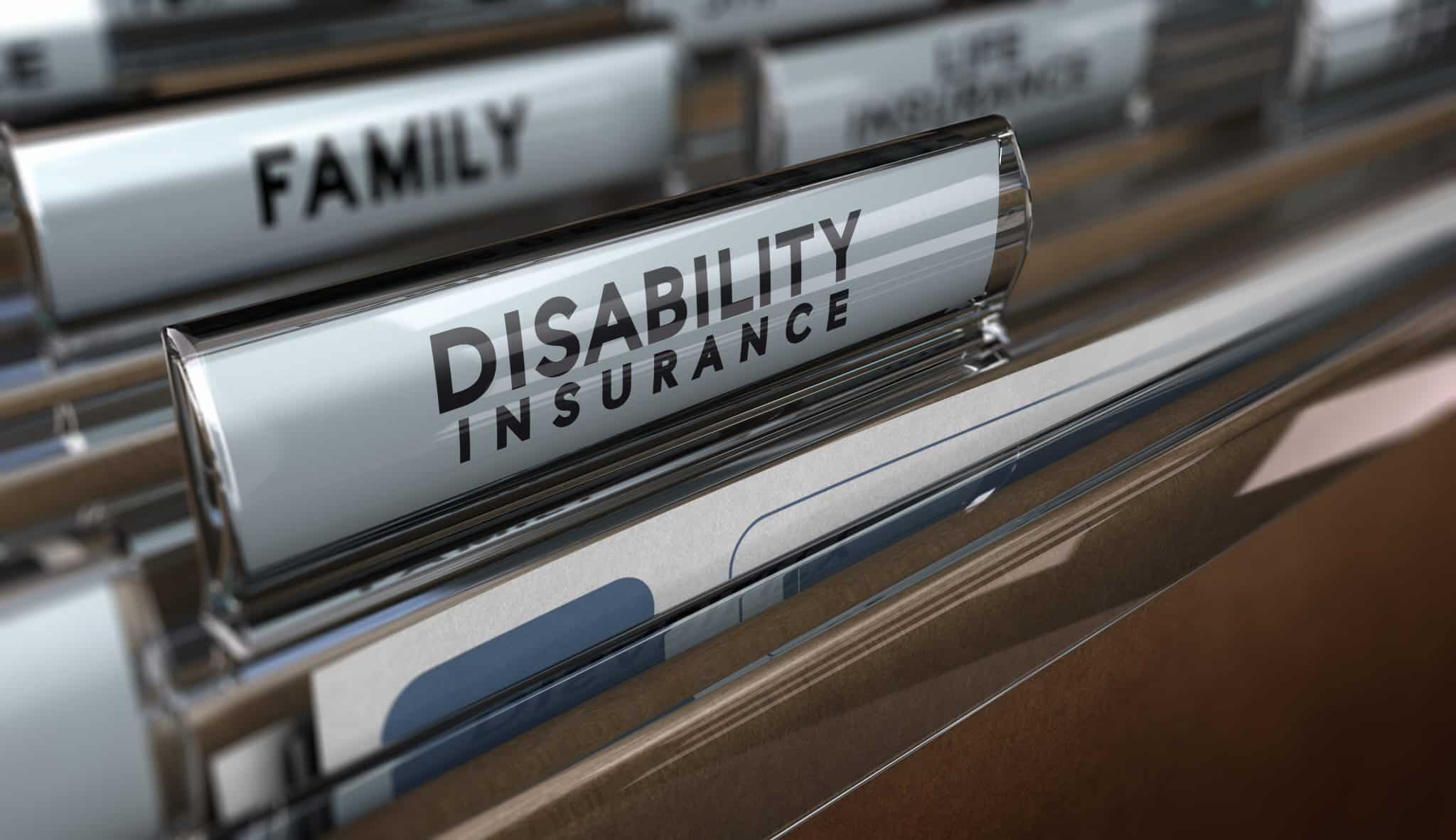Many employers provide Long-Term Disability (LTD) insurance to their employees. This insurance means that an employee who is unable to work for an extended period of time due to injury or illness is eligible to receive income replacement benefits as set out in the policy.
For the individual employee, it is comforting to know that if they are unable to work due to an injury or illness, that they have disability insurance coverage. For an employer, short-term disability (STD) and long-term disability (LTD) policies provide some level of income replacement that allows a disabled employee to concentrate on their recovery without having to choose between a premature return to work or financial ruin.
That is how disability insurance is meant to work. Unfortunately, things can be very different in the real world.
Here are some important factors to remember if you are applying for disability benefits, your application has been denied, or your benefits have been terminated.
What are Disability Benefits?
If you are too injured or ill to continue working, you may be able to receive LTD benefits after a qualifying period set out in the policy. Often lost wages are covered by a short-term disability policy, employment insurance or government sickness benefits during this qualifying period.
An LTD policy usually pays a portion of your income as a monthly benefit until you are able to return to work, no longer meet the definition of disability, or reach retirement age. There are some policies that only pay for a set period.
What You Need to Know About Your LTD Policy and Your Rights
Read Your Policy and Communications from the Insurance Company
If a LTD insurer denies benefits it has an obligation to provide a written reason. The reason could be that the policy exempts your illness as a pre-existing condition or that the company has decided that you are not disabled from working. Sometimes insurers claim that there is insufficient documentation to establish disability. The first step in determining whether a denial of benefits is justified is to understand why you have been denied.
If you have been receiving LTD benefits and receive notice that they are being terminated, there could be several reasons for the termination. After a period of time (usually 2 years), the definition of disability often changes. Plans that initially consider you to be disabled if you are not able to work at your own occupation typically change the definition of disability to state that you are only considered disabled if you cannot perform any occupation for which you are reasonably suited by reason of education, training or experience. The wording of each policy can differ and these definitions are not always the same in every policy.
An insurance policy may require that you partake in certain rehabilitation programs intended to expedite your recovery and return to work. It may also require that you apply for other benefits, including CPP-Disability Benefits, which will be used to offset the benefits the insurer pays. It is critical that you read all correspondence from your insurance company carefully, keep any appointments made by the insurance company and file necessary paperwork when required.
Keep Track of Time
There are time limits set out in policies and legal statutes that require applications, internal appeals, and lawsuits to be filed within a specified period. If you do not comply with the specified time limits, you may inadvertently miss a time limit and lose your ability to claim benefits or appeal a denial.
Call a Qualified Lawyer
Understanding disability benefit policies can be difficult for a layperson, especially if their disability affects their cognitive function (concussion, fibromyalgia, depression, etc.). A lawyer with experience assisting clients in accessing the disability benefits that they deserve can give advice on whether or not the denial or termination of benefits was done in accordance with the terms of the policy.
A thorough review of the adjuster’s file may reveal decisions made in contravention of the policy wording or the duty of good faith that applies to the adjusting of all disability insurance claims.
In many cases, a denial or termination of benefits can be reversed by working with your medical treatment providers in order to submit additional supporting medical documentation and information. Doctors are not trained to write reports that provide the type of functional information that disability companies look for when determining whether someone is, or continues to be, disabled. With a little guidance the same medical personnel who supported the initial application can prepare additional reports that support the presence of disability.
Your employer or co-workers may be able to provide statements outlining the difficulties that they observed in your ability to do your job effectively or efficiently. Family and friends may be able to confirm that once your workday was over you were unable to carry out the normal activities of your daily living such as housework, childcare or socializing. A person is not required to devote 100% of their physical, cognitive, or emotional resources to their job, at the expense of all other aspects of their life.
Conclusion
Having your application for disability benefits denied, or ongoing benefits terminated, can be a stressful experience. Getting sound legal advice can help reduce the fear and confusion that often follows such an event. An experienced disability lawyer can even the playing field in your dispute with your disability insurer.
This blog post was written by Edward (Ted) Masters, a member of the Disability Insurance Claims and Personal Injury teams. He can be reached at 613-566-2064 or at ted.masters@mannlawyers.com.








